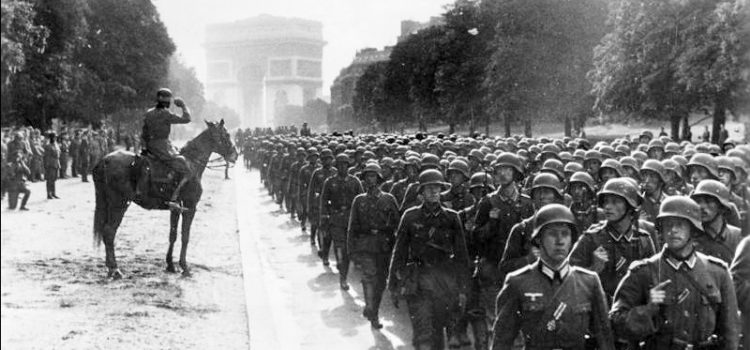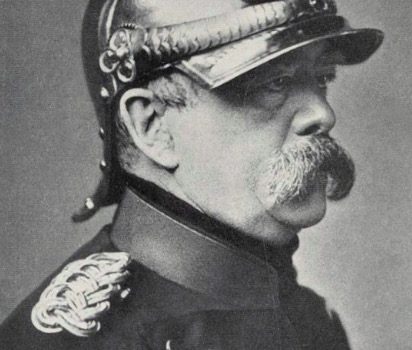What is the principle of legitimacy? And why should you pay special attention to it if you’re a police officer, government worker, manager, or employer? The principle of legitimacy states that a government’s ability to govern is based on its perceived legitimacy. If the public perceives the government as illegitimate, it will rebel. Learn why the principle of legitimacy is so important and how it can dramatically lower crime rates.
Principle of Legitimacy: The Real Way to Reduce Crime










